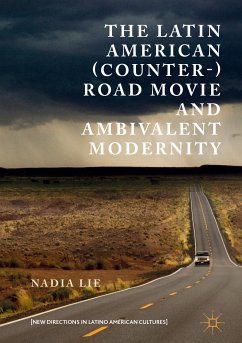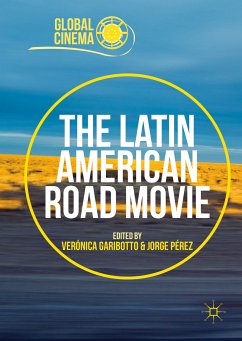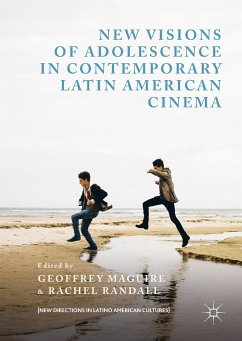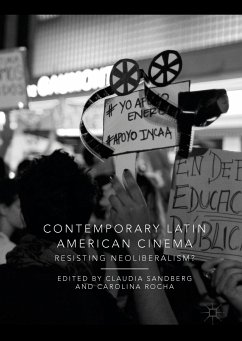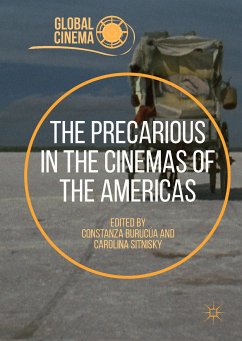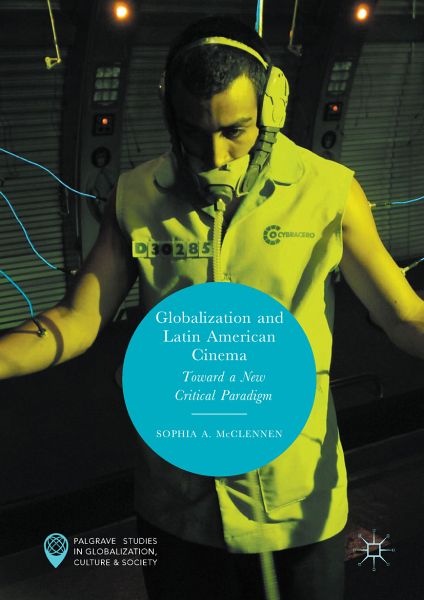
Globalization and Latin American Cinema (eBook, PDF)
Toward a New Critical Paradigm
Versandkostenfrei!
Sofort per Download lieferbar
88,95 €
inkl. MwSt.
Weitere Ausgaben:

PAYBACK Punkte
44 °P sammeln!
Studying the case of Latin American cinema, this book analyzes one of the most public - and most exportable- forms of postcolonial national culture to argue that millennial era globalization demands entirely new frameworks for thinking about the relationship between politics, culture, and economic policies. Concerns that globalization would bring the downfall of national culture were common in the 1990s as economies across the globe began implementing neoliberal, free market policies and abolishing state protections for culture industries. Simultaneously, new technologies and the increased mob...
Studying the case of Latin American cinema, this book analyzes one of the most public - and most exportable- forms of postcolonial national culture to argue that millennial era globalization demands entirely new frameworks for thinking about the relationship between politics, culture, and economic policies. Concerns that globalization would bring the downfall of national culture were common in the 1990s as economies across the globe began implementing neoliberal, free market policies and abolishing state protections for culture industries. Simultaneously, new technologies and the increased mobility of people and information caused others to see globalization as an era of heightened connectivity and progressive contact. Twenty-five years later, we are now able to examine the actual impact of globalization on local and regional cultures, especially those of postcolonial societies. Tracing the full life-cycle of films and studying blockbusters like City of God, Motorcycle Diaries, and Children of Men this book argues that neoliberal globalization has created a highly ambivalent space for cultural expression, one willing to market against itself as long as the stories sell. The result is an innovative and ground-breaking text suited to scholars interested in globalization studies, Latin-American studies and film studies.
Dieser Download kann aus rechtlichen Gründen nur mit Rechnungsadresse in A, B, BG, CY, CZ, D, DK, EW, E, FIN, F, GR, HR, H, IRL, I, LT, L, LR, M, NL, PL, P, R, S, SLO, SK ausgeliefert werden.



